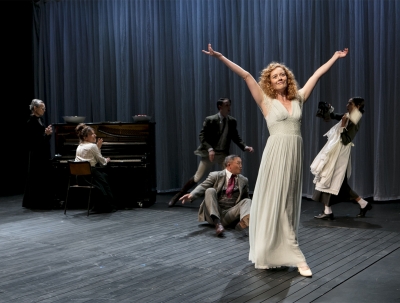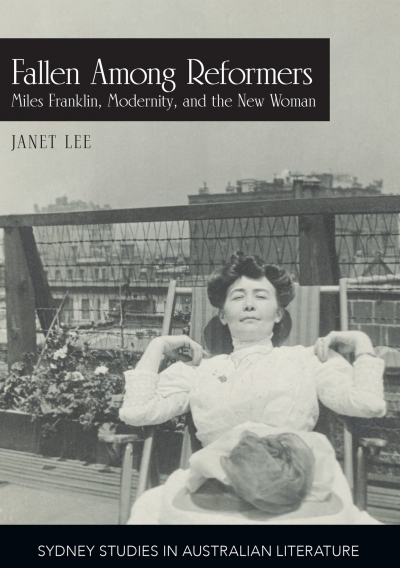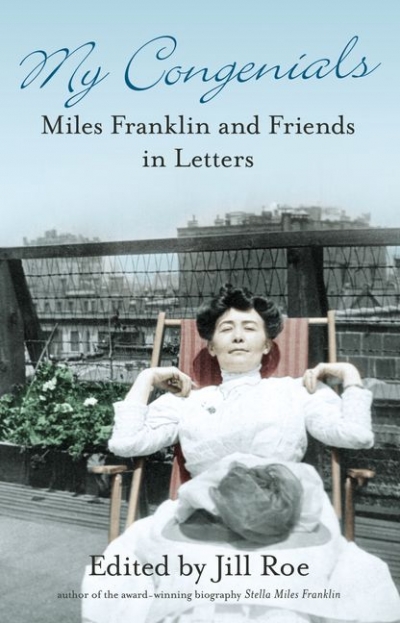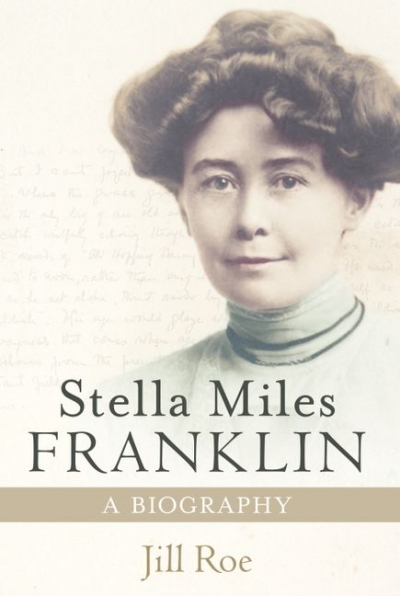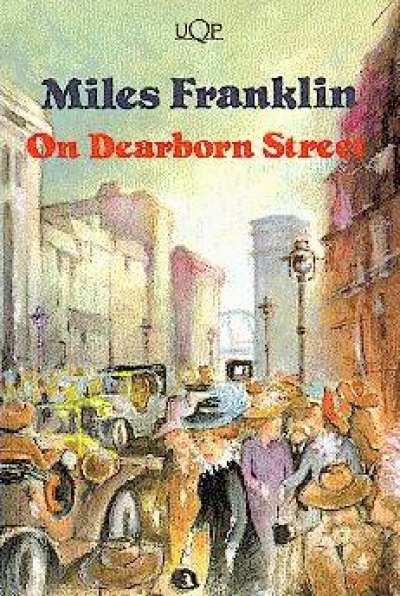Miles Franklin
New Partner for ABR
Let’s be candid. Producing a magazine of this kind is not easy in a country with a small population and one where the life of the mind (even if not ‘the least of possessions’, to quote Patrick White) rarely commands the attention or glamour often associated with sporting events and other fashionable distractions.
... (read more)A new prize for Miles Franklin
Miles Franklin turns fifty this year. Well, 128, to be strictly biographical. Three years after the death of Miles Franklin (1879–1954), the inaugural Miles Franklin Literary Award was inaugurated. This year, the judges have rather more money to present ($42,000) than they did in 1957, when Patrick White’s Voss won the Award.
... (read more)My Brilliant Career may not be Belvoir’s first post-pandemic show, but it’s surely the most joyous. Hot on the heels of a government exemption raising audience numbers to seventy-five per cent capacity, the mood on opening night was exuberant – almost as exuberant as Sybylla Melvyn, My Brilliant Career’s impossible yet impossible-not-to-love protagonist.
... (read more)Fallen Among Reformers: Miles Franklin, modernity and the New Woman by Janet Lee
Jolley Prize, Fay Zwicky (1933-2017), Miles Franklin Award shortlist, Porter Prize, Conversational Calibre, Memoirs of historians, Philip Roth ...
... (read more)News from the the Editor's Desk in the August issue of Australian Book Review.
... (read more)‘Arran Avenue, Hamilton, Brisbane, Australia ... Why Australia? What is Australia, anyway?’
(Dante, in David Malouf’s Johnno)
Some footy talk before the book chat: I saw Wayne Carey play once, in Adelaide. He was a puppeteer that day. You would have needed a panoramic view – television doesn’t capture ...

